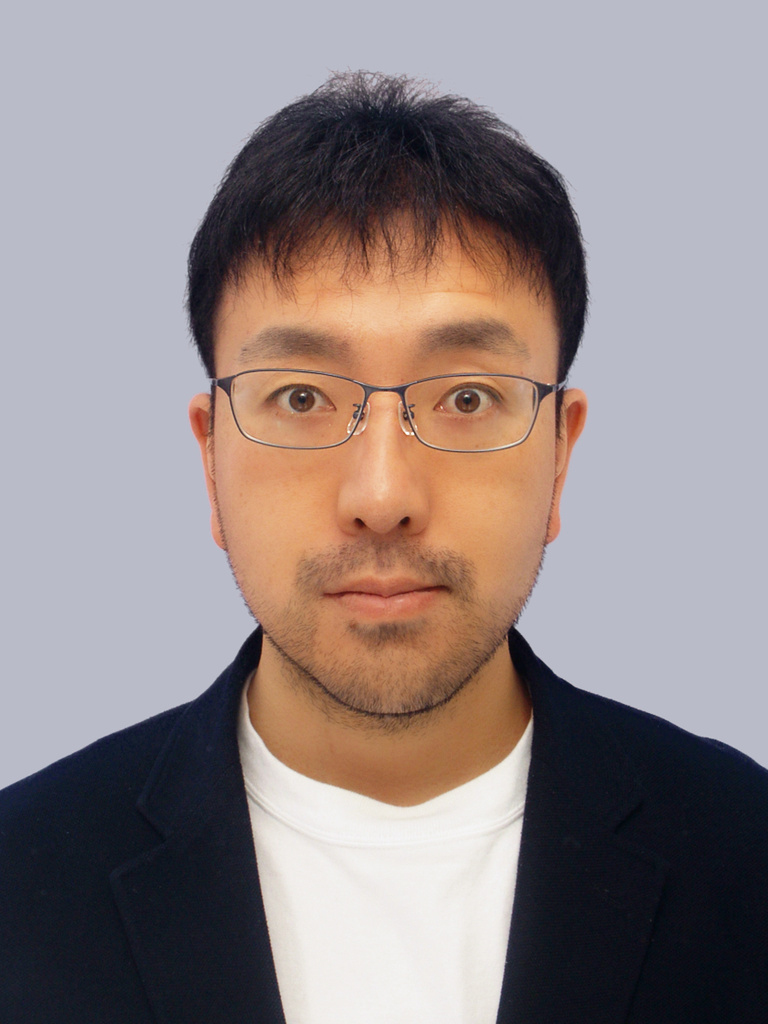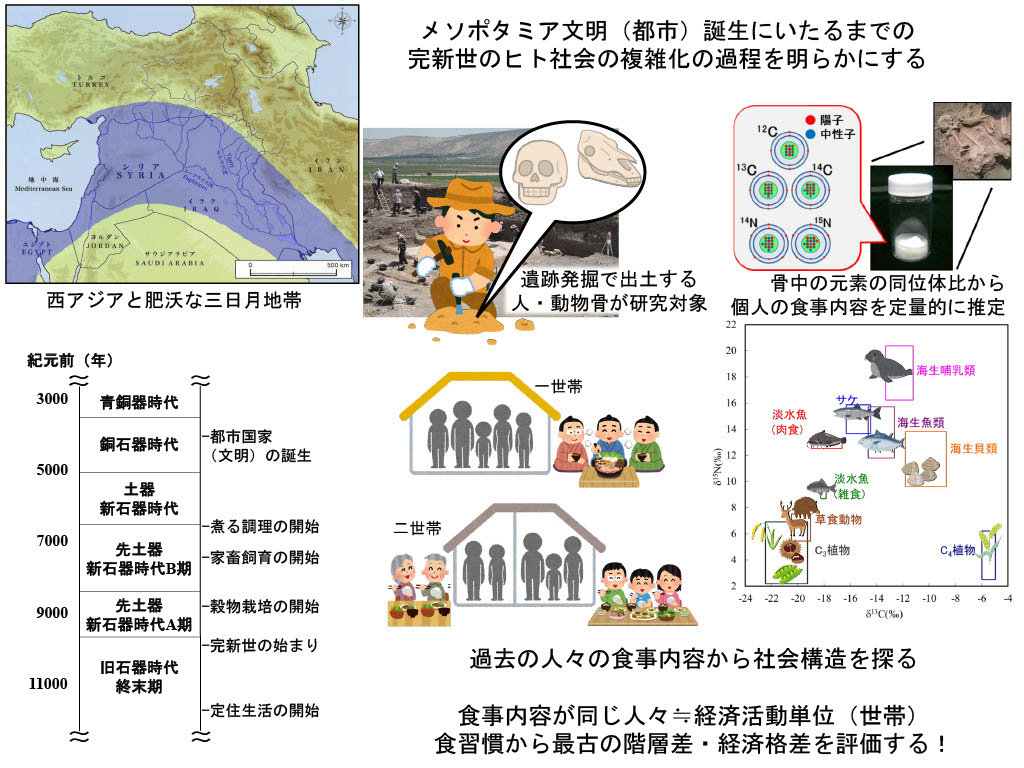Strategic Professional Development Program for Young Researchers
Top Runner Development Program Engaging Universities,
National Labs, and Companies
Fellows (1st-term)

ITAHASHI, Yu
Associate Professor
Institute of Humanities and Social Sciences
University of Tsukuba
- Research fields
- Archaeology, Physical anthropology
- Research project
- Dietary reconstruction by isotopic analyses of archaeological bones
- Keywords
- archaeology, diet, isotope, human bone, agriculture, civilization
- Researchers Information
- https://trios.tsukuba.ac.jp/researcher/0000004292
- researchmap
- https://researchmap.jp/itahashi
Biography
He majored in archaeology at University of Tsukuba and then moved to physical anthropology at the University of Tokyo. He developed an organic geochemical analysis for ancient bones during his doctoral course. As a researcher at the University of Tokyo, he focused on establishing the local civilization in the Yangtze region of China. He has been at the University of Tsukuba since May 2019, where he continues his research mainly on the eve of the establishment of civilizations in West Asia.
Research Outline

During the Holocene, which began 12,000 years ago, agriculture began in several regions of the world, and civilizations with states and cities emerged backed by food production in Mesopotamia, Egypt, China, etc. I am conducting an isotope analysis of archaeological bones in West Asia and China, and I am trying to clarify the social structure and the process of development of the prehistoric societies by examining people's diet or migration history.
In archaeology, attempts have been made to reconstruct past human diets by analyzing animal and plant remains, cooking utensils, and storage excavated from sites. However, while this method can reveal trends of a community as a whole, it is difficult to determine individual differences within a community. Because isotopic analysis of individual bones can quantitatively estimate dietary habits for individual humans and animals, this method can compare individuals and examine dietary differences within a society due to differences in wealth, gender, division of labor, etc. In societies before the establishment of civilization, where evident economic disparities from property and house are difficult to observe, the difference in the diets is the key to detecting the emergence of status and class differences and is advantageous in revealing the first steps in the social complexity that led to the civilization.
What is my goal as a transborder researcher?
日本では考古学は人文系に位置づけられている。しかし、人類史を明らかにする研究は人文学的手法に限らず、私自身も地球科学的分析を主な手法としている。また人類史の探究には個人で活動するだけでなく、多様な背景や専門をもつ研究者を統合しチームとして学際的な研究を行うことが必要だと感じている。自身が文理を問わない多岐の手法・知識を持つ人材になることも肝心だが、それだけでなく学際的な組織を運営できるPI・統括者としての能力をもった研究者を目指す所存である。
In Japan, archaeology is regarded as one of the humanities. However, the methodology for human history is not only to the humanities but also diverse research fields. I also believe that the research for human history should not be conducted by a solo effort but rather by a team of diverse experts to conduct interdisciplinary. My goal is not only to become a researcher with multiple methods and broad knowledge myself, but I also aim to become a transborder researcher with the ability to manage an interdisciplinary organization as a PI.
Movies
-
ITAHASHI, Yu, TRiSTAR Fellow (1st-term)
Related article
In Preparation.
